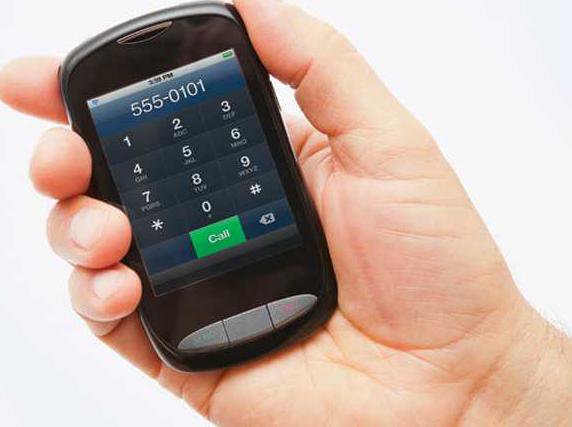When Liberty County students return to campus this fall, they will find a cellphone policy that gives them more leeway to have the devices, and the punishment for breaking the rule has turned from suspension to confiscation.
The Liberty County Board of Education approved the policy in May, and Title 1 Facilitator Harvey Grove anticipates it should be easy for students to follow.
While the old policy prohibited students from having cellphones on campus unless they were secured in their lockers, the new policy allows students to have their phones on campus as long as they are not in use between the hours of 7 a.m. and 3:30 p.m.
Under the old policy, if a teacher or administrator saw a cellphone, it would be confiscated and the student suspended. But the new policy allows the devices to be seen but not heard — or in use — during the prohibited hours.
Grove said the rule essentially requires that students turn off their cellphones as soon as they step foot on campus, but they will not be required to secure their phones in their lockers as the old policy mandated.
The consequence for using a phone during the prohibited hours now is confiscation. At all grades, the first offense receives seven days of school-day confiscation; the second offense receives 10 days of school-day confiscation, and the third and subsequent receives 14 school days of confiscation.
The new policy primarily was implemented to decrease the number of absences as a result of cellphone suspensions, Grove said. The discipline record of the school system in the past three years suggested that many students were missing out on the learning process as a result of phone violations.
According to Mary Alexander, assistant superintendent of student services, phone violations accounted for 25 percent, or 742 out of the 2,954 suspensions, for the 2011-12 school year.
The new policy is a “realistic and reasonable” one, Grove said.
“The expectation is that students keep them turned off. Then, there are no worries about confiscation of their cellphones and suspension. If they know the punishment, then they can avoid the consequences by avoiding the offense,” he added.
Administrators favor the policy, saying that they want students to be in school
as much as possible to maximize learning. They also consider the new policy a “fair compromise” between giving students more freedom and reducing the number of suspensions.
“I grew up in a society where there weren’t any cellphones,” Grove said. “So, I know that we can function without them, even though it may not be as convenient for us.”
If students are serious about being at school to learn, Grove said, they will be able to handle the change without any problems.
Superintendent Dr. Judy Scherer seconded that notion.
“It’s really about teaching students responsible use,” Scherer said.
Because the new policy makes it less likely that teachers will need to interrupt lessons to handle cellphone violations, administrators hope the change will minimize class disruptions and put students in the mind to learn, Grove said.
The new cellphone policy came as a result of school representatives and parents getting together as a committee to push for the idea, Grove said.
However, some parents, like Marilyn Johns of Gum Branch, see the new policy as being too lenient. Johns, whose son will attend Bradwell Institute in the fall, believes that cellphones are not needed at all.
“If they can see them, they will be tempted to play with them,” she said.
In response to the concern over the effect that phone usage limitations will have in cases of on-campus emergencies, Grove said there are phones available at schools for emergency reasons, and there are levels of communication among the administration that prevent the need of interference from students.
In fact, mass student use of cellphones in the case of an emergency could cause more disruption than help because lines can get jammed in cases of emergency, Grove added.
New cellphone police nixes suspensions
Administrators: Confiscation is 'fair compromise'


Sign up for our e-newsletters